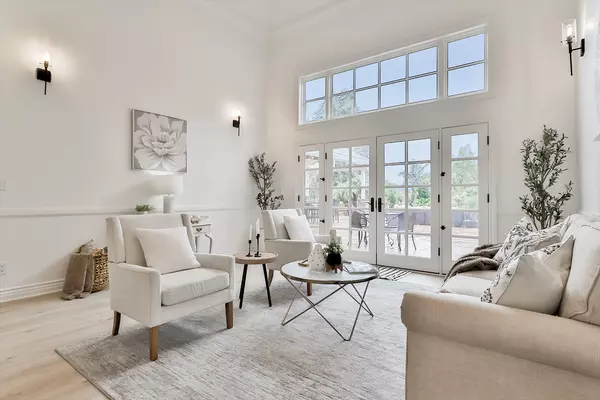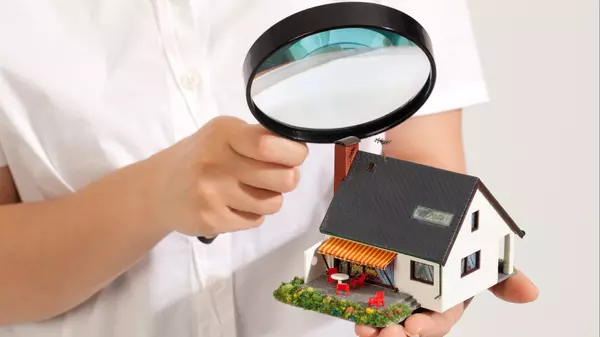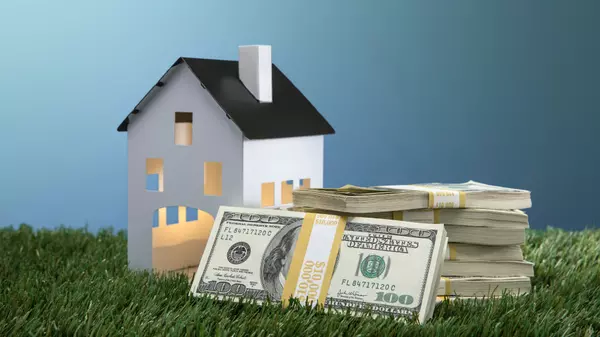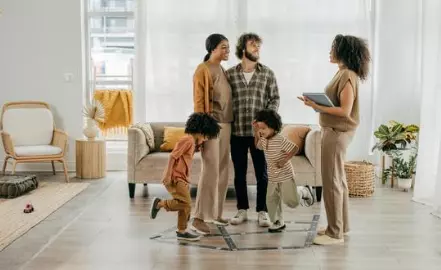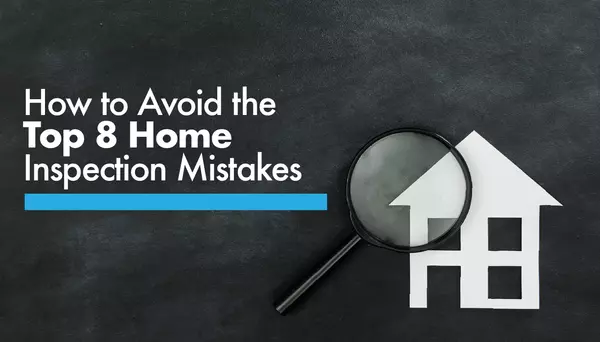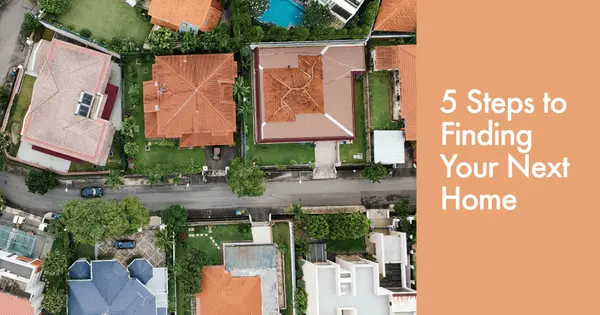Should I Build or Buy an Existing Home?
Before signing any contracts or putting down any money, most people spend a lot of time and energy looking for or designing "the perfect home."

A house hunt normally takes into account factors such as location, price, market trends, property taxes, homeowners association fees, and the quality of the property. Additionally, each buyer often has a wish list that comprises particular demands (items the buyer must have) and desires (things the buyer wants) (the features the buyer would like but could do without if necessary).
While there are various essential decisions to make during the home-buying process, one of the first is whether to look for an existing home or create one from scratch.
Each path has its own set of benefits and drawbacks. A view at both sides is shown here.
Buying an Existing Home

There are two primary advantages to buying an existing home: convenience and cost. Once you are pre-approved by your lender, you can shop around, pick out a home, and make an offer.
An experienced real estate agent may speed up the process by supporting you in finding suitable houses, leading you through negotiations, and handling the paperwork. Depending on the conditions, you may be able to close on the sale and move in within a month or two after your offer is accepted.
Even though there are several phases to the process—financing, visiting homes, making offers, home inspections, and closing—the ease of being able to move in right away is enough for many people to pick an existing home over a new one.
Costs and Schedules
Buyers on a tight timeline, such as those relocating for a new job or whose children will be starting at a new school, may find it especially important to purchase a move-in ready property.
Then there's the financial aspect. According to data published by the National Association of Home Builders, buying an existing home is cheaper in many (but not all) cases.1
Once you've discovered an existing property you like, use a mortgage calculator to get a better idea of the overall cost of ownership based on current interest rates.
In the aftermath of the financial crisis and housing slump that substantially depressed real estate values across the country, prices for existing homes may still be fairly beneficial depending on your target real estate market.
Customization vs. Convenience
Another reason an existing home can be a better choice is if you want to be in a specific established neighborhood—close to job, school, friends, and/or family. You won't have to bother about beginning a grass, planting bushes, or waiting for trees to grow because the home is likely to have mature landscaping. If you want to be close to town, you'll have to buy an existing home because most, if not all, of the property has already been developed.
On the other hand, buying an existing property may have the biggest disadvantage of not getting exactly what you desire. You may dislike the layout and wish to change it.
TAKEAWAYS IMPORTANT
It can be difficult to acquire a home in pristine shape, so you should consider in the expenses of any modifications or improvements when purchasing a home.
When buying a new home, purchasers have the option of installing energy-saving features.
If you have a tight deadline, purchasing a home rather than building one is usually the better option.
Older homes, in particular, may be functionally obsolete, no longer meeting the needs of most buyers. For example, an otherwise beautiful four-bedroom house may only have one bathroom, or the kitchen may be too small, with no room for expansion.
Unless you find an existing home that has exactly what you want and is in perfect condition, you will have to spend additional money on remodeling, repairs, decorating, and/or landscaping. These additional expenses should be factored into the overall price, especially when choosing among various properties or comparing the cost of building your own house.
The Benefits of Building a New House
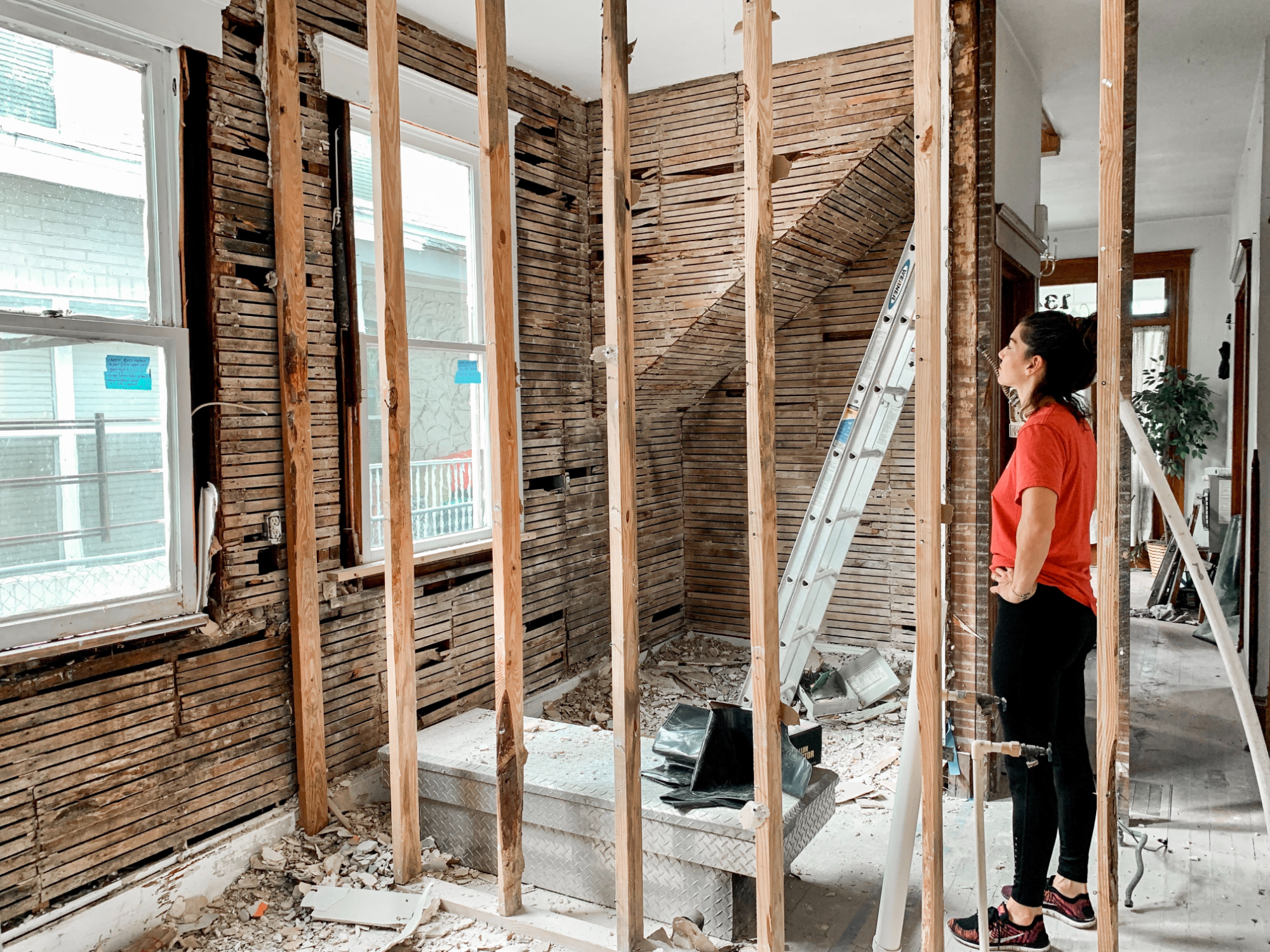
Building a new home is not as convenient as purchasing an existing property. You must not only identify the land, which may or may not be in an existing neighborhood, but you must also account for the time it takes to find an architect or builder and select each component of the new project.
Working with a reputable builder and having a good contract in place helps reduce the danger of your house going over budget or taking longer than intended.
Joining an existing development might speed up the process while also limiting your options. You must also consider systems, such as whether the land provides access to municipal water and sewer.
The main benefit is that you are far more likely to acquire exactly what you desire. For many people, this is reason enough to build rather than buy. Other benefits include the possibility to build a more energy-efficient home that satisfies modern energy regulations and requirements for heating, ventilation, and air conditioning, as well as insulation and air filtering. Improved efficiency is beneficial for the environment and can help you save money on your monthly utility bills.
Better for the Environment and Investment Recovery
Another benefit? A new home could really be healthier for you. Asbestos, lead paint, and mold may be found in older dwellings. It can also be constructed out of environmentally friendly materials.
"Building "green" for a more sustainable home in the long run requires green appliances/Energy Star rated appliances, as well as more efficient toilets, plumbing fixtures, and electrical fixtures," says Guy Burtt, a principal with Riverstone Development Group, Inc., a full-service, licensed general contractor and construction manager. "You also have the option of installing, sleeving, and/or wiring for future technological upgrades like home automation and solar," says the author.
Even though the initial expenditures of construction may be higher, you may be able to repay your investment more quickly. "You can make more money on the resale of your new home because a newer property is often more desirable to most people than an older home," Burtt adds. Furthermore, a new home will require fewer repairs and maintenance, saving both money and time. Furthermore, as Burtt points out, a new home comes with a warranty, so even if something goes wrong, you may be protected.
Aside from the cost and features, building a home can provide a level of satisfaction that you won't find when purchasing an existing home. "There is a strong sense of emotional attachment to living."
The Consequences of Building a House
The most significant disadvantages of building a house are the greater expenses and lengthier timeline, both of which might rise during the construction process.
"Ask your potential builder for recommendations, and then verify their previous homeowner references," Burtt advises. "And, instead of a cost-plus contract, try using a lump-sum contract." A lump-sum contract stipulates a fixed price for construction, placing the risk of cost overruns on the builder rather than the buyer. It may assist the consumer in avoiding price rises that are unanticipated.
Maintain strong communication with your builder and make sure you are happy with the design/specs before the project begins to save money and time. If you change your mind about the color of the granite countertops after they've been built, it's not good for you or your builder.
Furthermore, your contractor should collaborate with you to assist you save money. Changing materials and fixtures can save thousands of dollars, so if cost is an issue, ask ahead of time if there is a less expensive option. Also keep in mind that anything unusual, such as bespoke colors or intricate material shapes, will almost certainly cost more.
Make a schedule and stay in touch with your contractor.
To stay on track, work with your builder to develop a calendar, and try to negotiate a contract that includes a construction timeframe and avoids open deadlines. Burtt proposes.
If you live out of state, ensure sure your builder keeps you informed about the development. "Ask if the builder will send you regular progress images, and figure out who will be your main point of contact during the process," he advises.
In conclusion
Even if you start out to find the ideal existing home, you may wind up preferring to construct your own to achieve exactly what you want. On the other hand, you can plan to construct and then decide that an existing home is a better fit. Working with a knowledgeable and experienced professional—whether a real estate agent or a general contractor—can assist guarantee that the process goes as smoothly as possible in either scenario.
Categories
Recent Posts
